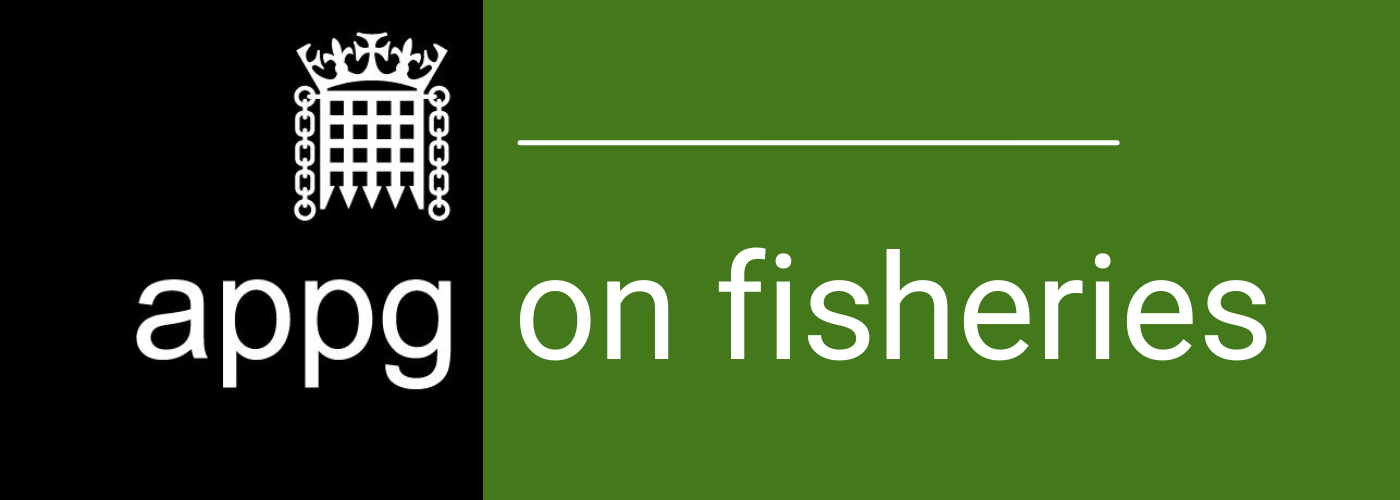The EU-UK Trade and Cooperation Agreement has been finalised and is now being implemented. The deal has significant implications for the fisheries industry, particularly in terms of fishing rights, access and trade. Most notably, it provides regulatory autonomy of management decisions in each party’s respective waters (set out in the UK via the 2020 Fisheries Act - find our digest here).
Below, we explore the most relevant points of the Agreement for the fisheries industry, and share links to statements issued from a range of fisheries sector bodies in response to the deal.
Please note that the APPG on Fisheries is not a Government body or a decision-making body. It provides an informal forum for debate and discussion on issues important to the UK fishing industry, but does not participate in policy-making.
Transfer of fishing rights
The EU will transfer fishing quota to the UK. 25% of the EU’s fishing rights within UK waters (in terms of value) will be transferred over to the UK between now and June 2026. By the end of this period, the UK will have fishing rights to around two-thirds of the stocks in UK waters. The five-and-a-half years between now and then are referred to as the ‘adjustment period’.
This translates to about £145m extra quota for UK vessels annually, by the end of the adjustment period.
15% of the EU’s fishing rights will be transferred in 2021.
Vessels that target stocks such as hake and sole in the North Sea, sprat in the English Channel, haddock in the Celtic Sea, and horse mackerel in the southern North Sea and Eastern channel will see especially substantial increases in quota. In volume terms, the largest increases are for Atlantic mackerel, North Sea herring and Norway pout.
Access to waters
Any EU vessel wishing to fish in UK waters will require a licence from the relevant fishing authority - and vice versa.
During the adjustment period, EU vessels that consistently fished between 6 and 12 nautical miles from UK shores in certain areas between 2012 and 2016 will be able to continue to do so - and vice versa.
During the adjustment period, EU vessels that consistently fished non-quota species in the UK’s Exclusive Economic Zone (out to 200 nautical miles) between 2012 and 2016 will be able to continue to do so - and vice versa.
Ongoing negotiations
TACs (Total Allowable Catches) for shared stocks for the upcoming year will be agreed annually by the UK and EU, along with any other coastal states that share the stock in question. These TACs will then be divided between the parties based on agreed quota shares. There will also be the opportunity for annual voluntary transfers of fishing opportunities between the UK and EU.
After 2026 there will be annual negotiations on quota shares and any further permanent transferrals of fishing rights for UK waters to the UK.
Either the UK or the EU can withdraw any particular fishing rights in their waters after the end of the adjustment period, but the other party is then entitled to take ‘compensatory measures’ to make up for the social and economic losses sustained from the loss of access. This may involve a reciprocal loss of access or added tariffs on fishery products, or even tariffs on non-fishery products.
An arbitration system will be put in place to resolve any disputes.
Sustainability
Both the UK and EU have committed to ensuring that fishing for shared stocks is sustainable in the long term, and to restore stocks to above maximum sustainable yield (MSY).
If agreement on TAC for any shared stocks is not reached, each party will set a provisional TAC based on advice from ICES (International Council for the Exploration of the Sea).
The UK and EU will follow a number of principles aimed at ensuring long-term environmental sustainability, such as applying the precautionary approach, following the best available scientific advice, and taking measures to ensure selectivity and avoidance of bycatch.
Trade
Tariff-free export of seafood to the EU has been secured, as long as businesses meet rules of origin requirements.
Increased administrative aspects, such as food safety checks and catch certificates, are being put in place. These are covered in a guide by the MMO.
Responses from the industry
Many representatives of the UK catch sector have issued statements expressing that the agreement fell short of their expectations. Elsewhere, trade bodies cited the continuation of tariff-free exports as a relief for the UK fisheries sector. Snapshots of some of these groups’ responses are outlined below. If your organisation has a statement on the Brexit deal pertaining to fisheries that you would like to see listed here, please contact the Secretariat.
NFFO (National Federation of Fishermen’s Organisations) - “Miniscule, marginal, paltry, pathetic”
Seafish - Seafish statement on the Brexit deal
Scottish Fishermen’s Federation - Brexit deal falls ‘far short of commitments and promises’
Scottish Seafood Association - SSA on Brexit deal
CFPO (Cornish Fish Producers’ Association) - Betrayed by Boris
Resources Used
EU-UK Trade and Cooperation Agreement
BBC: Brexit trade deal: What does it mean for fishing?
ABPMer: EU-UK Trade and Cooperation Agreement: Thoughts on fisheries from a UK perspective
UK in a Changing Europe: What does the trade deal mean for fisheries?
Scottish Government: Brexit Deal means drop in key fishing stocks
European Commission: Questions & Answers: EU-UK Trade and Cooperation Agreement

